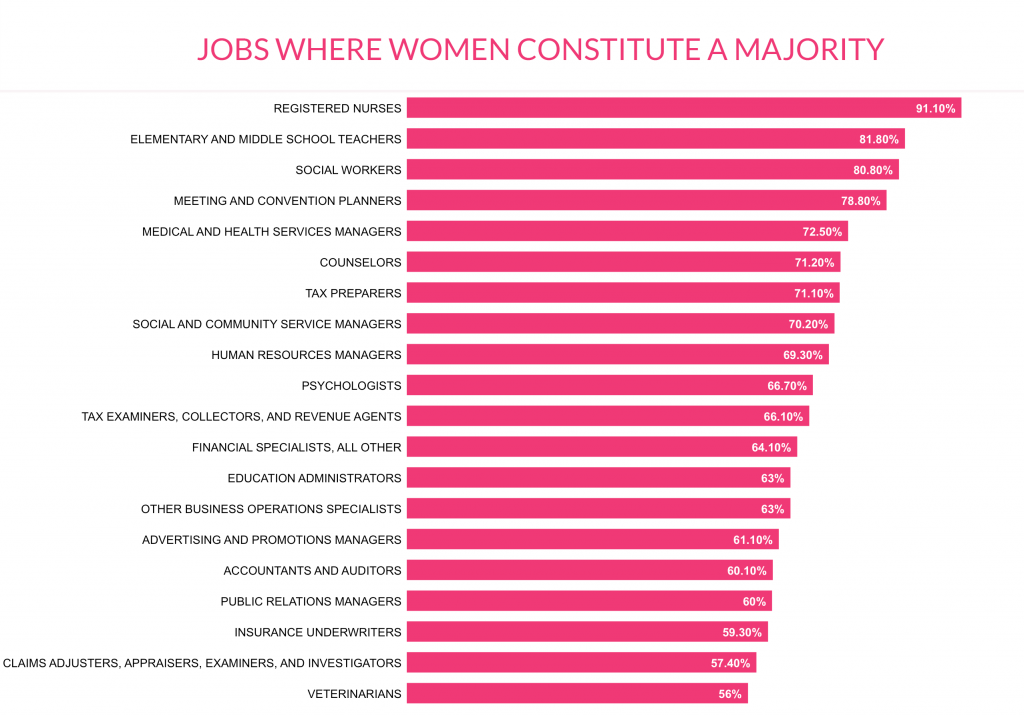In the beginning of the year, the Monetary Authority of Singapore forewarned its citizens that the economy may go through a period of uncertainty as the likelihood for trading partners remain down in the dumps. This negative tone caused companies to be more cautious of hiring and even a bank as huge as Barclays axed about 100 Singaporean employees last January. Moreover, short-term contracts started to rise.
So if you are venturing off to a different field to maintain your career’s stability, please consider these things first:
1. DETERMINE YOUR VALUE
Before accepting any offers, you must determine your value earlier on. Your last salary does not only dictate what makes you valuable. Your skills and personality play a part too. How much is your potential employer willing to pay for those?
2. NEGOTIATE YOUR SALARY
You have the right to ask for better working conditions when negotiating for a new position. Negotiating a salary is a conversation that aims to reach an agreement with someone whose interests are not perfectly aligned with yours. Everyone with the right strategy and conversation tools can sway the opinion of another through a pleasant talk.
Start by conducting research on the company and their average salary offerings. Review the appropriate amount of wage on the online salary calculators such as Payscale.com and Hudson.sg. Then talk to the recruiters or the people on the same field as yours about the subject. The data collected will be your weapon throughout the negotiation.
3. KNOW THE WORK EXPENSES
Aside from the salary, know the expenses you might be spending in your “next” workplace. The transportation and food costs depend on the area you are eyeing on. If these benefits are included to your salary already, it will make a huge difference to how much you save.
4. WEIGH THE POSSIBILITY FOR RELOCATION
As you steer your career in a new direction, you may have applied for jobs outside the country. Before you land the overseas position, consider how it will affect your family and relationships. Furthermore, determine if the company willing to cover for your moving expenses.











